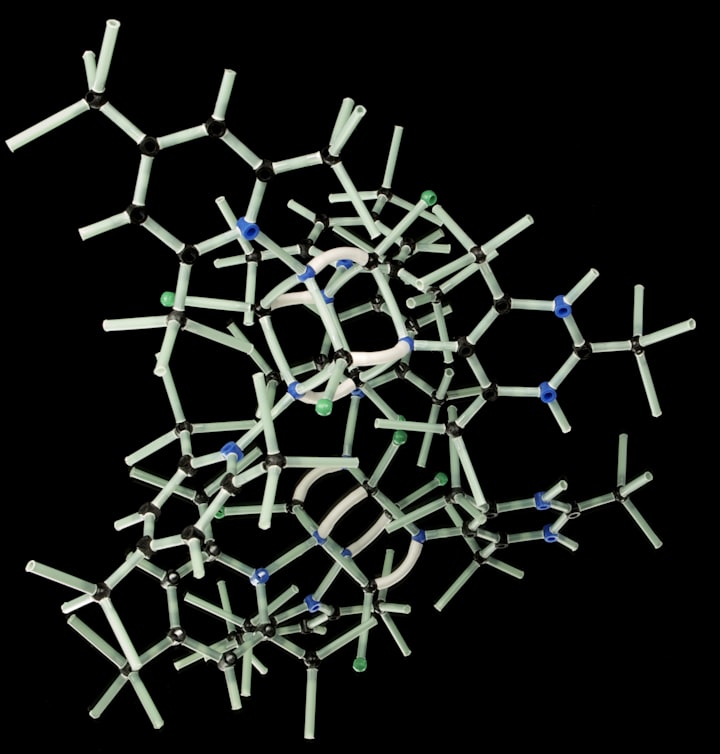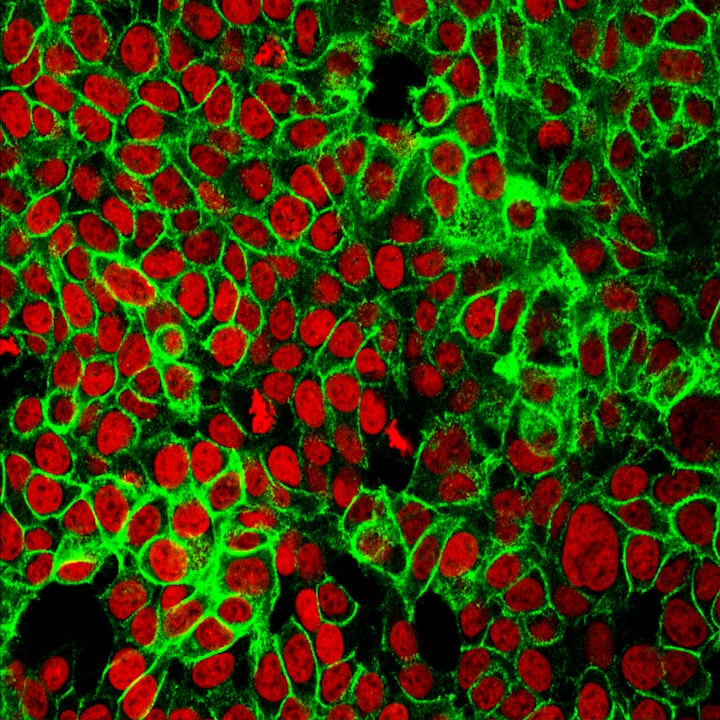Are DNA heritage tests really accurate in pinpointing ancestral origins?
Do DNA heritage tests accurately determine ancestral origins? The relevance of genetic markers is key in understanding the results.

DNA heritage tests have gained popularity among individuals wanting to uncover their ancestral origins.
The process of collecting genetic samples through a simple swab of the cheek or saliva vial has become an avenue for individuals to explore their genetic roots and their connections to specific geographic locations.
However, the validity and accuracy of these tests have faced scrutiny, particularly in pinpointing a specific place of origin across tumultuous historical landscapes.
Genetic Markers and Ancestral Locations
DNA heritage tests analyze specific genetic markers and compare them to the frequency of these markers in various regions around the world.
If a particular location shows a prevalence of these markers, the test may suggest a genetic link to that area.
Historical Complexities
The complexity arises when considering the historical layers of migration and conquest that have shaped regions over time.
For instance, a DNA test indicating Sicilian or British heritage might lead one to believe they have direct ancestral ties to these regions.
Yet, both Sicily and Britain have been subject to multiple invasions and occupations throughout history, each leaving its genetic imprint on the local population.
Shifting Borders and Conquests
Various regions have experienced ebb and flow due to various empires and civilizations, reflecting the genetic makeup of a population as a melding of multifaceted influences.
Ancient Rome, for example, expanded its empire across Europe and beyond, leaving a genetic legacy that transcends modern-day national borders.
Similarly, the British Isles have been a melting pot of Celts, Romans, Anglo-Saxons, Vikings, and Normans, each contributing to the genetic diversity of the population.
The Intricacies of Ancestral Origins
DNA heritage tests merely reflect the prevalence of genetic markers in present-day populations, without accounting for the intricate historical processes that have shaped these regions.
While these tests may provide valuable insights into genetic predispositions and distant ancestry, their ability to pinpoint a particular place of origin should be approached with careful discernment.
A Glimpse into the Past
By exploring the complexities and limitations of DNA heritage tests, we gain a deeper understanding of the intricate mosaic of human history.
They serve as a reminder that the story of our ancestry is a narrative woven over millennia, influenced by a myriad of migrations, conquests, and intermingling of cultures.






